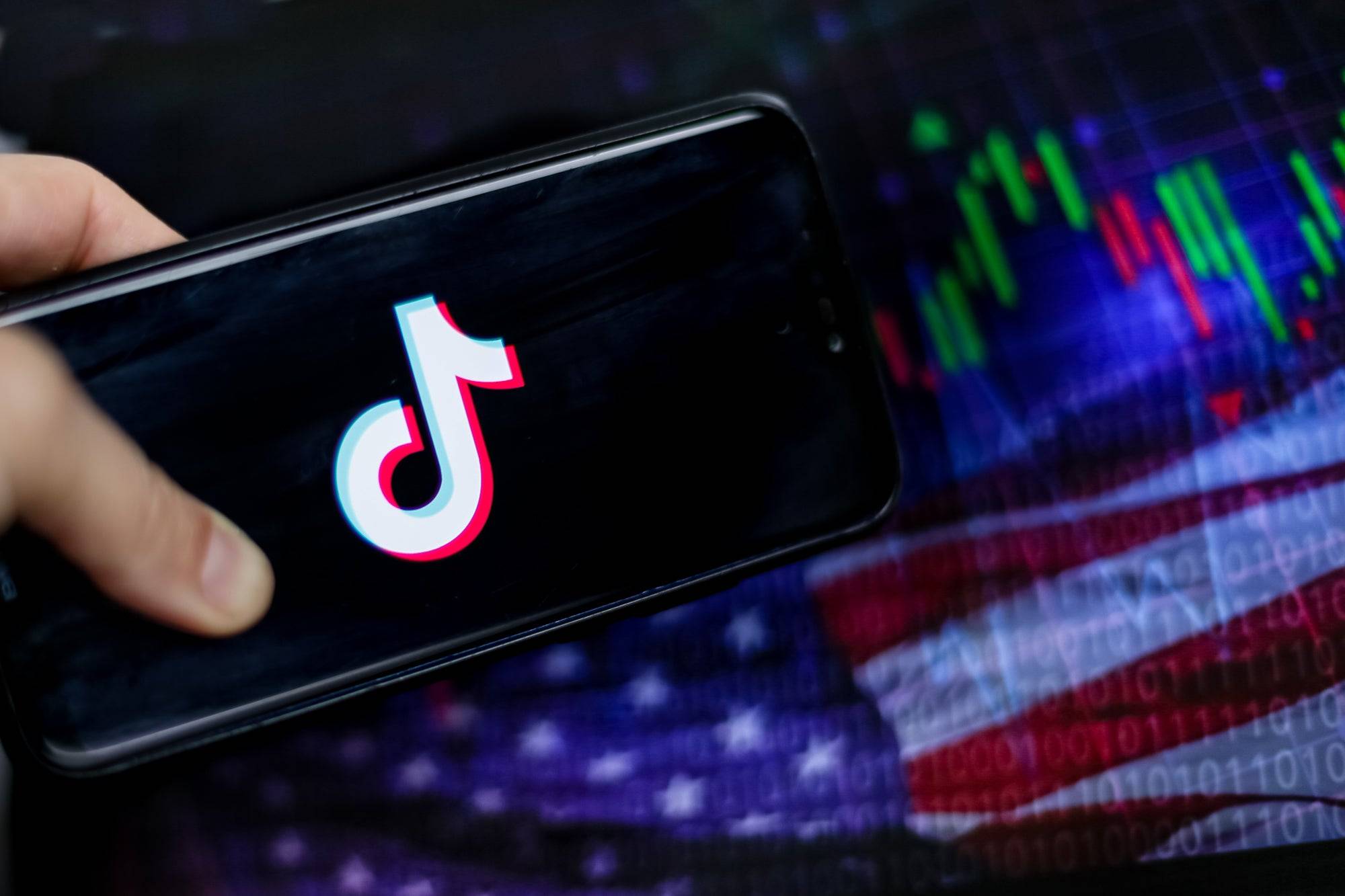The Supreme Court's rejection of TikTok's appeal paves the way for a potential ban on the platform, effective Sunday, January 19th. The court unanimously dismissed TikTok's First Amendment challenge, citing the app's scale, vulnerability to foreign control, and extensive data collection as justifying government intervention to address national security concerns.

Without political intervention, TikTok will be unavailable in the U.S. on Sunday. While President Biden prefers American ownership of TikTok, the implementation of the ban falls to the incoming Trump administration. The Supreme Court's ruling acknowledged TikTok's significant user base and role in expression and community, but upheld Congress's determination that divestiture is necessary to address national security risks.
Despite past opposition to a TikTok ban, Trump may issue an executive order delaying enforcement for 60-90 days. He reportedly is discussing the matter with Chairman Xi Jinping. The possibility of China selling TikTok to a Western buyer remains uncertain, but reports suggest this is being considered. Elon Musk, involved with the Trump administration, is reportedly acting as an intermediary for potential buyers, or may even attempt a purchase himself.
In anticipation of the ban, users have migrated to the similar Chinese app, Red Note (Xiaohongshu), with Reuters reporting over 700,000 new users in just two days.
TikTok's future in the U.S. hinges on finding a new owner or facing a complete shutdown – unless a last-minute executive order alters the situation.















